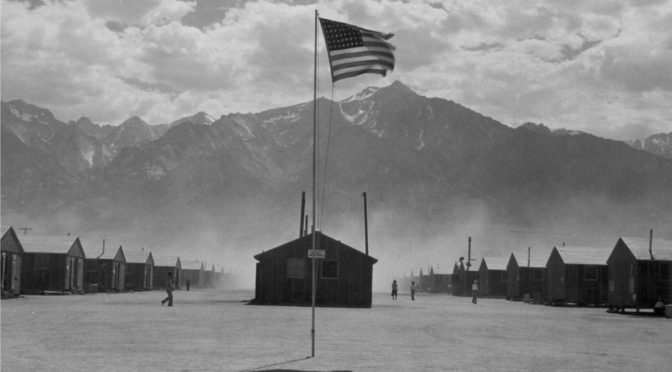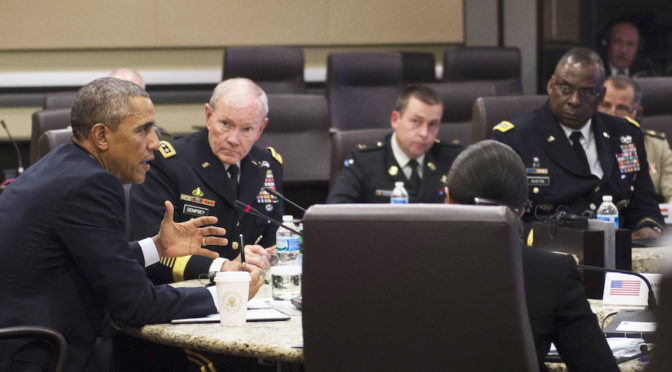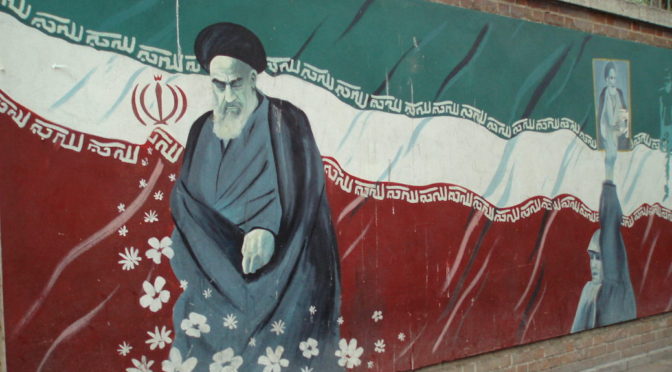Stephen Dycus reviews Professor Eric K. Yamamoto’s timely book In the Shadow of Korematsu: Democratic Liberties and National Security, published just weeks before the Supreme Court decided Trump v. Hawaii. Dycus draws out the book’s core themes, highlighting Yamamoto’s analysis of the Korematsu decision and its continued relevance in American jurisprudence. The review concludes with… Continue reading Requiem for Korematsu?
Tag: Executive Power
Countering the Prominence Effect: How US National Security Lawyers Can Fulfill Non-Prominent Humanitarian Objectives
Decision researchers describe a “prominence effect” that leads decision makers to choose an option with more defensible attributes when quantitative assessment of those options is difficult. Prominence is hypothesized as a factor in US policy decisions not to use military force to prevent or stop humanitarian crises. Prominence is also regarded as a behavioral failure… Continue reading Countering the Prominence Effect: How US National Security Lawyers Can Fulfill Non-Prominent Humanitarian Objectives
JCP-No-Way: A Critique of the Iran Nuclear Deal as a Non-Legally-Binding Political Commitment
David Jonas and Dyllan Taxman’s insightful article— “JCP-No-Way: A Critique Of The Iran Nuclear Deal As A Non-Legally-Binding Political Commitment” —examines the Iran Nuclear Deal and its place in prior US arms treaties. By positioning the Iran Nuclear Deal within the historical context of past agreements, American treaty-making, and national and international political norms, the… Continue reading JCP-No-Way: A Critique of the Iran Nuclear Deal as a Non-Legally-Binding Political Commitment



